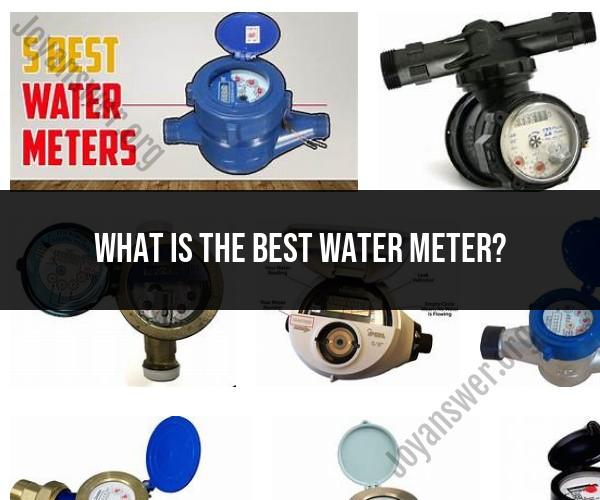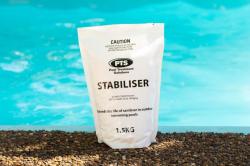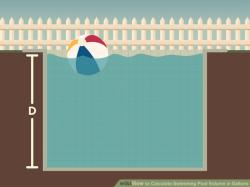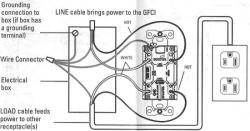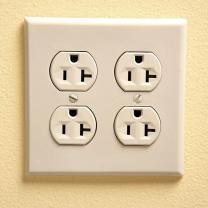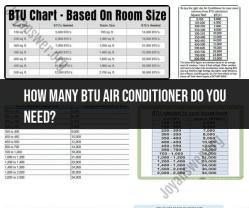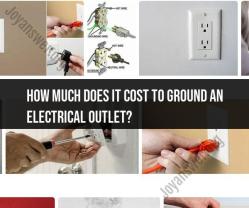What is the best water meter?
The "best" water meter for you depends on your specific needs, the characteristics of your water supply, and your budget. Water meters come in various types and sizes, and choosing the right one requires careful consideration. Here are some selection tips to help you choose the best water meter for your situation:
Flow Rate and Capacity:
- Determine your expected flow rate or water usage. Different water meters are designed for different flow rates. Choose a water meter that can handle the maximum flow rate you anticipate.
Meter Type:
- There are various types of water meters, including mechanical (analog) meters and digital (smart) meters. Digital meters often provide more data and accuracy but may require additional infrastructure for data collection.
Size and Compatibility:
- Water meters come in different sizes, typically ranging from 5/8 inch to several inches in diameter. Ensure that the meter size you choose fits your existing plumbing and is compatible with your water supply system.
Accuracy and Precision:
- Check the meter's accuracy rating. It should meet industry standards for accuracy to ensure that you are billed correctly and can detect leaks or unusual water usage.
Materials and Durability:
- Consider the materials used in the construction of the meter. Brass and stainless steel are commonly used for durability. The meter should withstand environmental conditions and be resistant to corrosion.
Maintenance Requirements:
- Find out about the maintenance requirements of the water meter. Some meters require periodic calibration or maintenance checks, while others are more maintenance-free.
Remote Reading Capability:
- If you want the ability to remotely monitor your water usage, consider a smart water meter that can transmit data to a central system or your smartphone.
Local Regulations:
- Be aware of any local regulations or standards that dictate the type or size of water meter you must use. Compliance with local regulations is essential.
Budget:
- Determine your budget for the water meter. While cheaper options may be tempting, prioritize accuracy and reliability to avoid potential long-term issues and higher maintenance costs.
Installation and Compatibility:
- Ensure that the water meter you choose can be easily installed in your plumbing system. Some meters require professional installation, while others can be installed by homeowners.
Warranty and Support:
- Check the warranty provided by the manufacturer. A longer warranty period often indicates the manufacturer's confidence in the product's durability. Additionally, consider the availability of customer support and spare parts.
Reviews and Recommendations:
- Research and read reviews from other customers who have used the same water meter model. Their experiences can provide valuable insights.
Consult with Experts:
- If you're unsure about the best water meter for your specific situation, consult with plumbing professionals or local utility providers who can offer guidance based on their expertise and knowledge of your area's water supply.
Ultimately, the best water meter is one that meets your specific needs and is compatible with your water supply system while providing accurate readings and durability. Prioritize accuracy and reliability to ensure fair billing and efficient water management.
Choosing the Best Water Meter: Factors to Consider
When choosing a water meter, there are a few key factors to consider:
- Accuracy: The most important factor to consider is the accuracy of the water meter. You want a meter that will accurately measure your water usage so that you can be billed correctly.
- Durability: Water meters are exposed to the elements, so it is important to choose a meter that is durable and will last for many years.
- Cost: Water meters can range in price from a few dollars to several hundred dollars. Choose a meter that fits your budget and your needs.
- Size: Water meters come in a variety of sizes. Make sure to choose a meter that is the right size for your water pipe.
- Type: There are several different types of water meters available, including positive displacement meters, velocity meters, and electromagnetic meters. Choose a meter that is the right type for your application.
Water Meters: A Buyer's Guide to Finding the Best One
Here are some tips for finding the best water meter for your needs:
- Read reviews: Once you have narrowed down your choices, read reviews of different water meters to see what other customers have to say.
- Compare prices: Compare the prices of different water meters from different retailers.
- Ask for recommendations: Ask your friends, family, or plumber for recommendations on water meters.
Top Water Meters for Accurate Measurement: Selection Tips
Here are a few of the top water meters for accurate measurement:
- Badger Meter E-Series Electromagnetic Water Meter: This meter is accurate to within 0.5% and has a wide flow range. It is also durable and easy to install.
- Neptune T-10 Mechanical Water Meter: This meter is accurate to within 2% and has a long lifespan. It is also relatively inexpensive.
- Sensus FlexNet Communication System: This system includes a water meter and a communication module that allows you to remotely monitor your water usage. It is accurate to within 1% and has a wide flow range.
When selecting a water meter, it is important to consider your needs and budget. Choose a meter that is accurate, durable, and the right size and type for your application.
